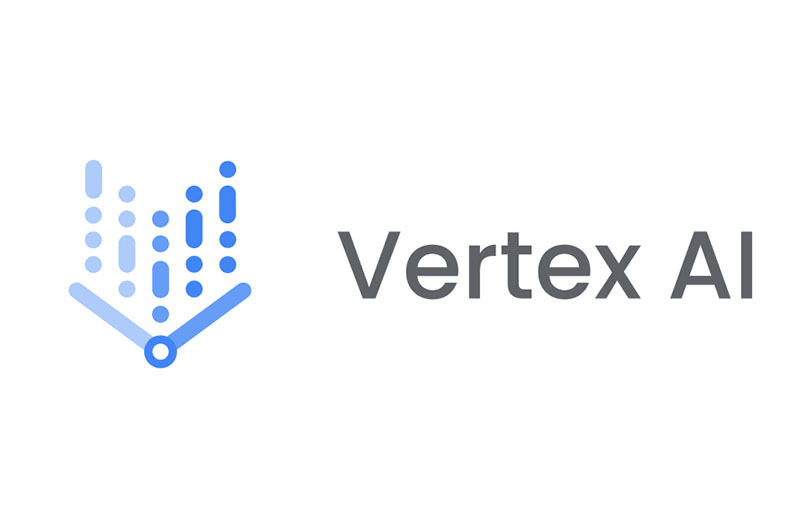From Data to Intelligence: Our Approach to Data Science & AI
We architect data-driven solutions that automate processes, predict outcomes, and create unparalleled business value. Our expertise transforms your raw data from a simple asset into your most powerful strategic advantage.
Our Spectrum of Capabilities
Foundational Analytics & BI
Transforming raw data into clear, actionable insights through integrated BI and real-time dashboards.
Predictive Modeling & ML
Going beyond reporting to forecast future trends, identify risks, and optimize operations with custom machine learning models.

Generative AI & Automation
Deploying intelligent systems that create content, enhance customer interactions, and automate complex decisions, driving true business transformation.


Core Data Science & AI Services
1. Generative AI Development
We build and deploy custom AI applications that leverage the power of Large Language Models (LLMs). From advanced Retrieval Augmented Generation (RAG) systems for internal knowledge bases to customer-facing tools, we turn generative AI into a practical business asset.
- Use Case in Action: While the Commercial Intelligence platform focused on predictive AI, the unified data foundation we built is the perfect launchpad for Generative AI. A next step could be deploying a "Sales Copilot" that uses RAG to instantly answer complex questions about product profitability, customer history, and contract terms, directly within the sales team's workflow.
2. Predictive Analytics & Forecasting
We don't just report on the past; we build robust models that forecast demand, detect anomalies, and identify opportunities before they arise. Our expertise covers everything from time-series analysis to complex regression and classification models.
- Use Case in Action: For the Commercial Intelligence platform, we moved the sales team from "gut feel" to data-driven prioritization. We developed and deployed an AI-powered Lead Scoring model that predicted which leads were most likely to convert. This single feature allowed reps to focus their time effectively, directly leading to a 15% increase in their lead-to-close conversion rate.
3. Data Engineering & Cloud Architecture
A successful AI strategy requires a rock-solid data foundation. We design and implement scalable data pipelines, ETL processes, and data warehousing solutions on cloud platforms like AWS and GCP, ensuring your data is always accessible, reliable, and ready for analysis.
- Use Case in Action: The first and most critical phase of our project was breaking down data silos. We architected a robust data pipeline to extract and unify data from the client's disconnected CRM, ERP, and accounting systems into a centralized AWS Redshift data warehouse, creating a "single source of truth" for the first time.
4. Business Intelligence (BI) & Advanced Visualization
We create intuitive and powerful BI dashboards using tools like Power BI and Looker. We go beyond simple charts to deliver interactive visualizations that empower your entire organization to explore data and make smarter decisions, faster.
- Use Case in Action: With the data unified, we built a suite of Power BI dashboards tailored to different teams. For leadership, a Cross-sell/Upsell dashboard identified the most profitable product bundles, leading to a 4% improvement in profit margins. For finance, a Receivables Aging chart gave sales reps visibility into client payment history, resulting in a 20% reduction in average days-sales-outstanding.

Our Expertise in Action: The Sambox Cloud Platform
The challenges of data silos, like those in the case study, are why we built Sambox. Our experience solving these problems for clients led us to develop our own proprietary, AI-ready cloud platform.
Sambox integrates ERP, CRM, and BI into a single source of truth, providing the perfect foundation for the advanced analytics and custom AI solutions we deliver. It represents our philosophy in action: a powerful data strategy starts with a unified, intelligent core.

Ready to Unlock Your Data's Potential?
Let's discuss how our data science and AI expertise can be tailored to solve your most pressing business challenges.
